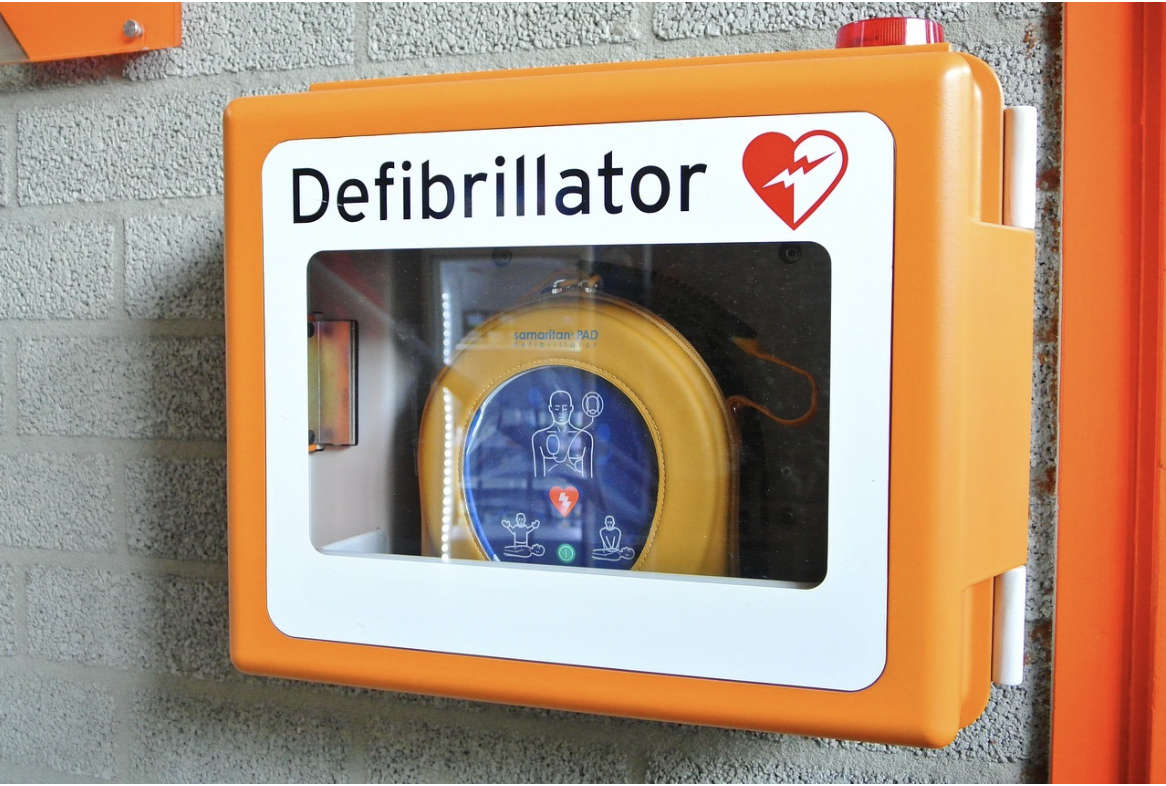
West Sussex councillors have supported a call for the council to work with communities to find suitable sites to place defibrillators.
During a meeting on Friday (May 26), a motion on the subject tabled by Keir Greenway (Con, Bersted) received unanimous support.
Mr Greenway said:
“Most of us will have a story to tell about someone we know who suffered from cardiac arrest or heart problems.
“Mine is my mother but yours might be a friend or a colleague.
“Cardiac arrest can happen when we least expect it and, as we hear all too regularly, can happen to anyone.”
As well as looking for new homes for the equipment in public places and community spaces, the motion called for all defibrillators on council property and in schools to be registered with The Circuit – the National Defibrillator Network, supported by the British Heart Foundation.
Last year, the government announced a roll-out of defibrillators to every state-funded school in England, with over 20,000 expected to be delivered to 18,000 schools by the end of the academic year.
Supporting the motion, Alison Cooper (Con, Rustington) said:
“The provision, siting and registration of local defibrillators is an important factor within a community.
“Any community can feel safer knowing where they are and be confident in an emergency that they know what to do and how to use them.”
The council will use social media and its other publications to promote the benefits of having a defibrillator in the community and explaining how to use them.
Mrs Cooper added:
“Involving schools and children is crucial.
“If children grow up knowing more about them and their importance and being familiar with this life-saving equipment, it will help reduce the temptation to tamper with them.”
Defibrillators give a high-energy electric shock to the heart of someone who is in cardiac arrest and are most effective if used within three minutes of a collapse.
Advice from the British Heart Foundation says:
“To help someone who is in cardiac arrest survive, a defibrillator needs to be found as quickly as possible.
“For every minute it takes for the defibrillator to reach someone and deliver a shock, their chances of survival lower.”
The council runs a programme called What If?, which invites parishes and community groups to consider buying a defibrillator.
However, there is currently no additional government funding to support communities in purchasing them.
Defibrillators can be found at County Hall, Chichester; Bridge House, Worthing; County Hall North, Horsham; Crawley Library offices; and Durban House, Bognor Regis.
To find out more about defibrillators, how to register them and where to find them in your area, log on to www.bhf.org.uk .


 Man Admits To Damaging Cars In Bognor
Man Admits To Damaging Cars In Bognor
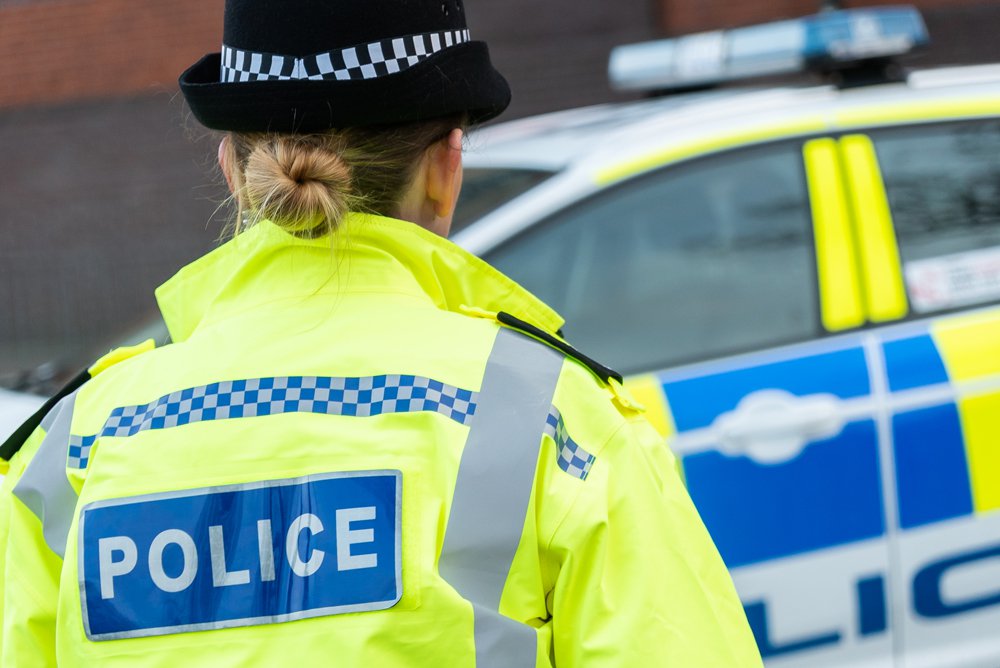 Two Men Arrested In Connection With Brighton Rape
Two Men Arrested In Connection With Brighton Rape
 Appeal Following Assault In Horsham Shop
Appeal Following Assault In Horsham Shop
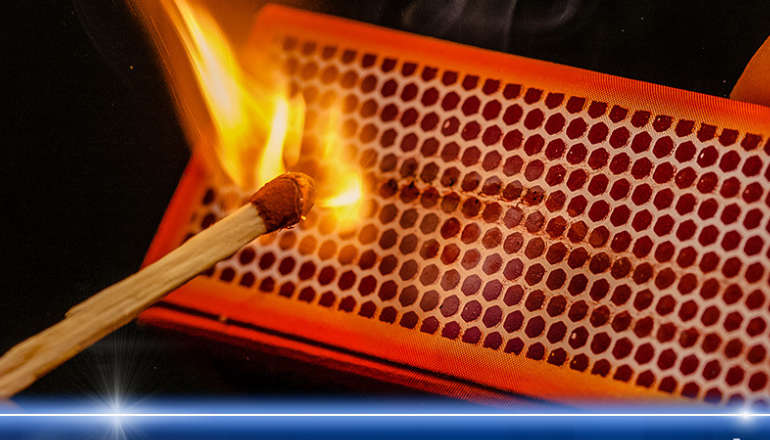 Appeal After Arson At Gym In Burgess Hill
Appeal After Arson At Gym In Burgess Hill
 Two Men Sought In Connection With Brighton Rape
Two Men Sought In Connection With Brighton Rape
 Councillors Support Baby Box Partnership With Charities
Councillors Support Baby Box Partnership With Charities
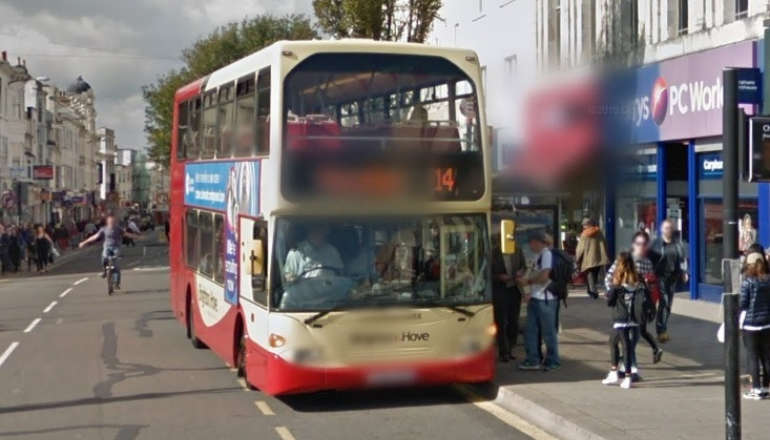 Brighton And Hove Bus Fare Cap Bid Foiled By Cost
Brighton And Hove Bus Fare Cap Bid Foiled By Cost
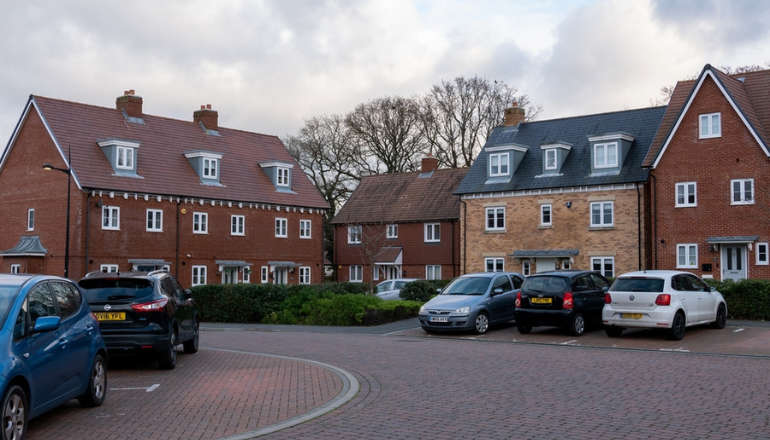 New Medical Centre Scoping Exercise Agreed By Wealden Council
New Medical Centre Scoping Exercise Agreed By Wealden Council
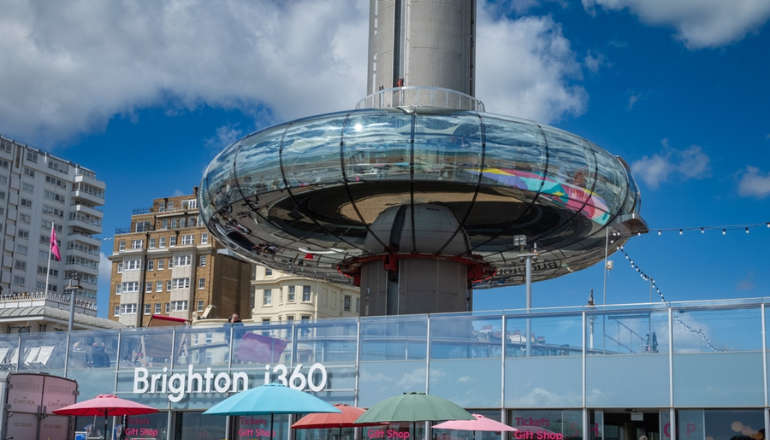 'Out Of This World' Ideas Put Forward For Future Of Brighton i360
'Out Of This World' Ideas Put Forward For Future Of Brighton i360
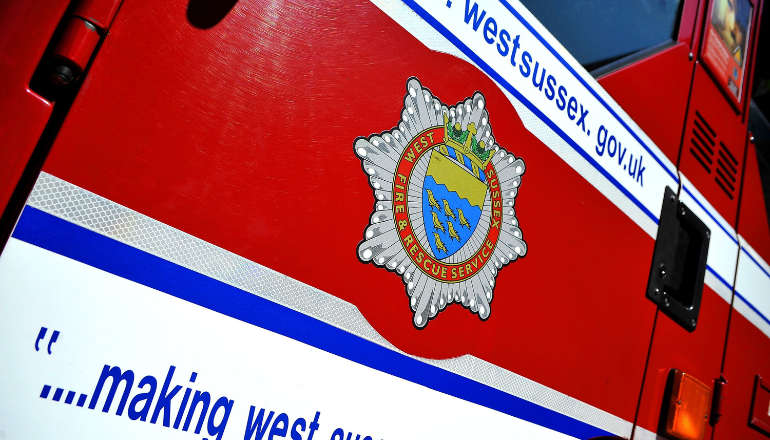 New Fire Engines For West Sussex
New Fire Engines For West Sussex